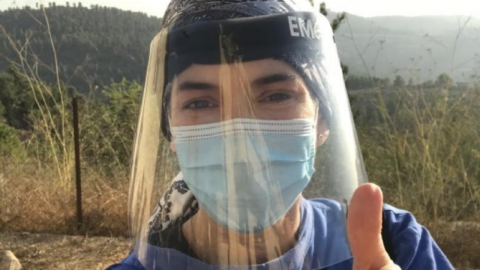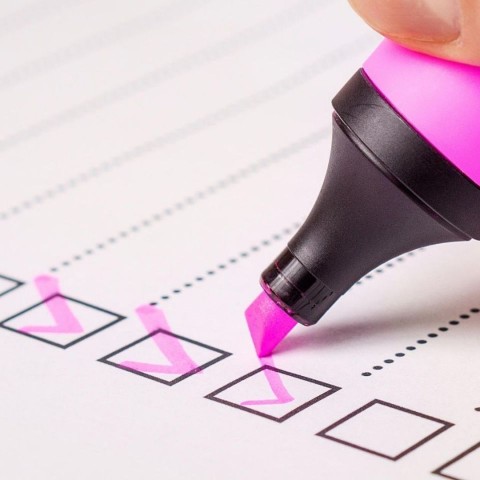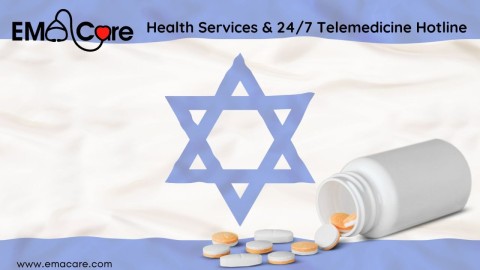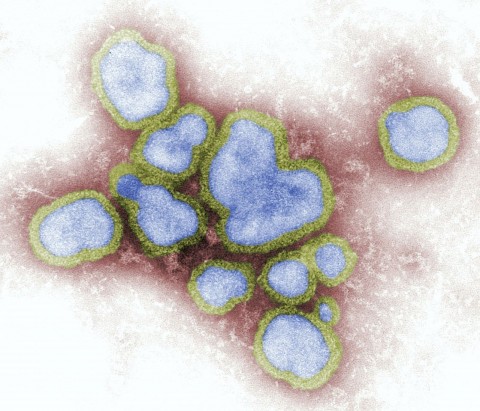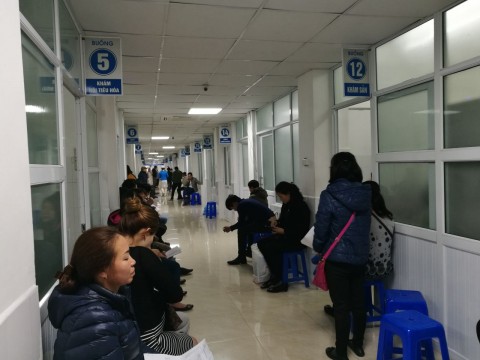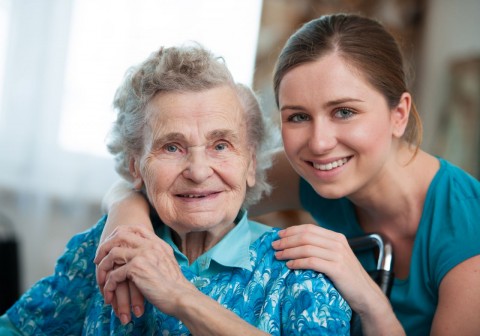The Evolving Health Professional
Over the past few months, medical staff all over the world have been working around the clock. Due to the Coronavirus, doctors, medics, and nurses in Israel have been working overtime because of the lack of medical staff. There are also many new challenges that medical personnel are facing. They have to wear protective equipment that they didn't have to wear before, including, face mask, face shields, gloves, gowns, and even hazmat suits. They also need to limit their time with each patient to limit their exposure to the Coronavirus.
Our EMA Care staff have also been faced with new challenges. Normally throughout the year, our medical staff runs weekly clinics for Gap year programs. During these clinics, our staff examines and diagnoses patients , provides treatment and prescribes medication to the students in need. However, this reality has changed because of the coronavirus. Our nurses have had to adjust in a few ways:
Pre-screening the students before clinics
EMA Care's most important priority is with our staff's safety. To do so, we do have to pre-screen the students that need to come to the clinic. Our nurses call each student before they run a clinic and make sure that they have no Coronavirus symptoms. If a student has a symptom then they cannot come to the clinic physically. However, they have the option to do telemedicine. One of our nurses started “I feel bad that we have to make our students do telemedicine, but we need to protect ourselves against the Coronavirus”. The nurses also need to ask very specific questions to determine if a symptom can be related to Coronavirus.
Wearing protective gear & diagnosing patients
When our nurses arrive at a clinic, they are fully equipped with a face mask, a face shield, a protective gown, and gloves. While this protects them and makes them feel very secure, it is very difficult to work in. “The face shield often gets fogged up by the mask underneath which makes physical examinations and working very hard”. Our nurses have even found it challenging to do basic examinations due to the equipment, so often the diagnoses can take longer.
Our nurses take care of gap year students, students who are away from home during a pandemic and they are scared of getting the Coronavirus. Our nurses want to help these students as much as they can. However, with all of the protective equipment, many people find these medical workers very intimidating. “Sometimes I just want to take off the equipment and remind the students that there is a person underneath the gear”. Our nurses want to help the students as much as they can without intimidating them!
Limited time for each student
According to the EMA Care protocols, each student who comes in for a clinic only has 10 minutes with the nurse in order to limit the time that they are exposed to one another. Some of our nurses have found this very difficult because during these ten minutes they need to get the patient’s medical history, do a physical examination, diagnose them, and write a prescription.
One of our solutions is to have "Hybrid appointments" for each student before the session. These sessions take place outside in the open air (to avoid contamination). This way the nurse can get some extra time to get the patient's medical history. This allows our nurses to have much better-quality time with the patient while they have an appointment.
Telemedicine & Avoiding the ER
Telemedicine has become very popular over the last few years, and specifically with the global COVID-19 pandemic. EMA Care has a telemedicine hotline that deals with students who have emergencies. Normally, a student who calls with an emergency is sent to the ER or some kind of immediate medical center. However, during the pandemic, our nurses have been doing everything in their power to prevent the students from going to the emergency room and get exposed to the virus. If a student is in quarantine, then the only option is to go to the Covid-19 emergency rooms.
“We try to hold off as much as we can unless it is necessary” – a few weeks ago we had a student who had an allergic reaction and needed care. There is a rule in Israel that if someone receives an Epipen then they must go to the emergency room. So, our nurses gave him Benadryl and monitored him for a few hours until the symptoms cleared and he was fine. This saved him from going to the ER and getting exposed to the Coronavirus.
EMA Care's priority is to keep our staff safe. We have many protocols that all of our staff must follow.. Their protective gear, although extensive makes the nurses feel safe from being contaminated with the Coronavirus. We also make sure that when our nurses are in the clinic, they limit their appointments to 10 minutes or less. Overall, our nurses feel very safe “EMA Care has a great protocol to protect their staff and I feel very safe”.
When you subscribe to the blog, we will send you an e-mail when there are new updates on the site so you wouldn't miss them.

